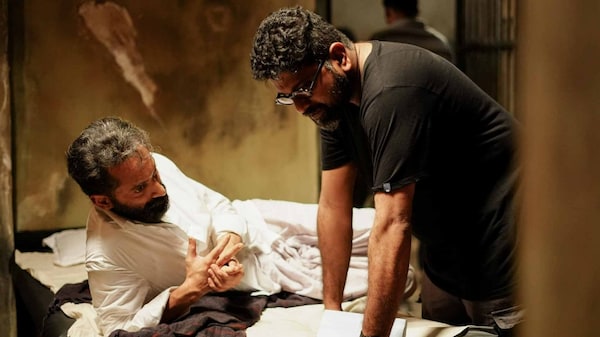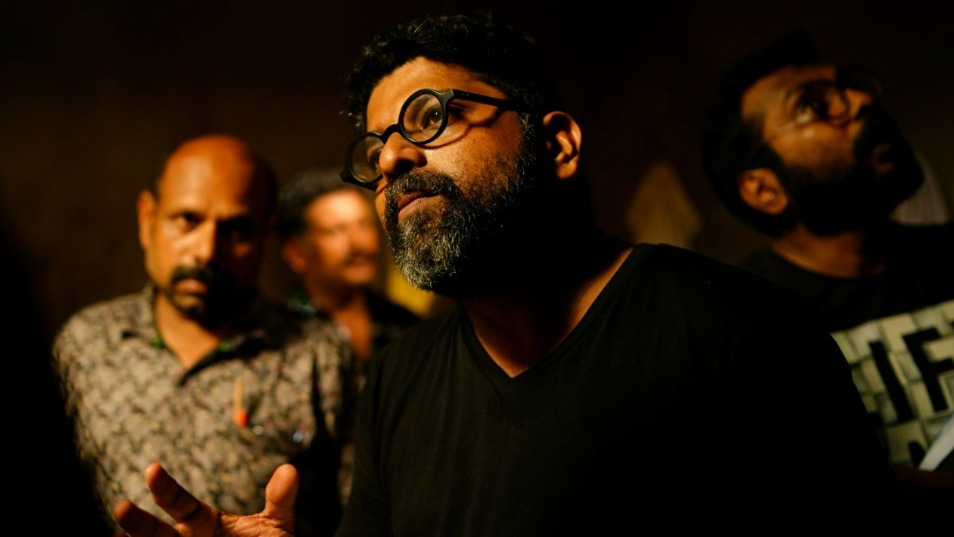Malik is about the kind of resistance I want to see: Mahesh Narayanan
The Fahadh Faasil-starrer is currently streaming on Amazon Prime Video

Last Updated: 08.29 AM, Jul 16, 2021
Since the release of Fahadh Faasil’s latest crime saga Malik, the audience have been raving about the movie. The film, however, also draws parallels between certain real-life incidents that had transpired in Thiruvananthapuram the previous decade.
In an earlier interview with OTTplay, Mahesh Narayanan had addressed how pertinent the movie’s theme is. “I think relevance is something that the audience has to find. I am a storyteller and I communicate what I want to say. I haven’t made a preachy film yet or know how to make a movie that influences people. My films speak about subjects in our environment that hit us and I want the stories to enlighten people to be aware of what’s happening. I believe what people lack the most today is resistance. Malik is about the kind of resistance I want to see. When the movie releases, I am sure people will compare it to what’s happening in Lakshadweep,” he said.
While Malik talks about the strategic displacement of minority communities in the ecologically sensitive coastal regions of Kerala through its people of Edavathura and Ramadapally, Mahesh said that his “focus has always been human drama”. “Malik has love, heartbreak, revenge, betrayal and all other emotions; I haven’t done such a movie before. It is also the first time that I was handling a film with so many characters and I wanted each of them to have a definite culmination. Sometimes, when you have a plethora of characters, many are forgotten in the course of the film. I didn’t want that. I see Fahadh’s character Sulaiman as a collective voice. There are parts of so many people that I have met over the years in Sulaiman. But I have never made their backgrounds evident. The audience can interpret it any way they want,” he said.
Prod him more on how the movie also talks about standing up against oppressive forces even if it’s the State and he said, “It’s not just about the government, there are several other factors including the corporates that sway the State. I understood what’s happening in the coastal areas because I have a lot of friends during my degree years who are from the coastal belt – from Vizhinjam to Poonthura in Thiruvananthapuram. I used to go to their houses, have heard their stories and have understood what was happening. Again, I am not trying to represent people. The comparison that I wanted to make was with our borders. Like the Indo-Pakistani and the Indo-Chinese border, coastal areas are also a border.”

The filmmaker also stated that the people in these regions have a story to tell that needs to be addressed. “When I went to Chennai (to attend film school) and visited the coastal areas there with my friends, though the language and culture were different, the ideology was the same, in terms of how religion becomes a part of their lives, how the economy is shunning them and how they are treated by other people. These are issues that we witnessed and whatever happens in these communities – be it the revolts, genocide, displacement or defection – have to be discussed. We have to understand why it’s happening and who benefits from these,” he concluded.

 Premium
Premium